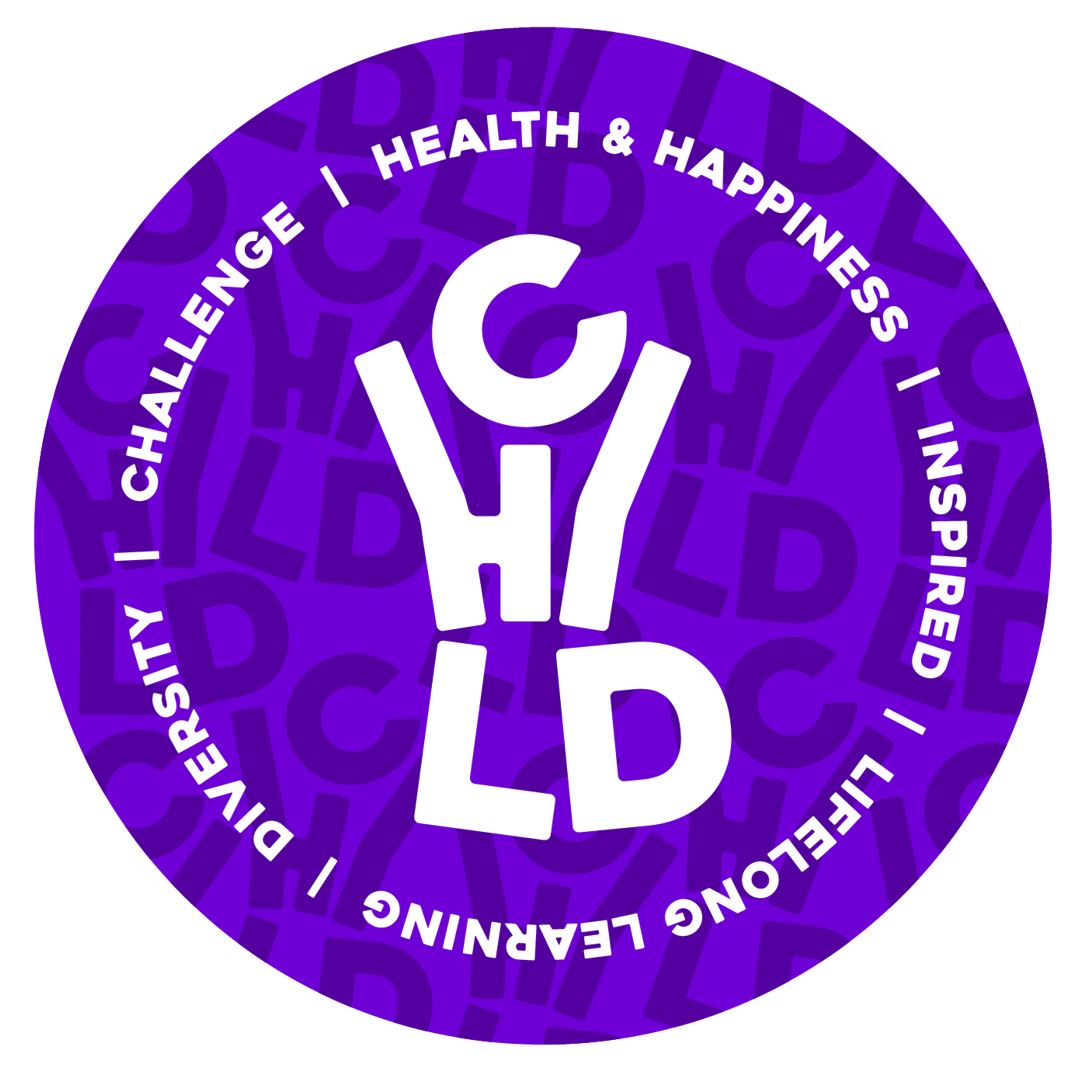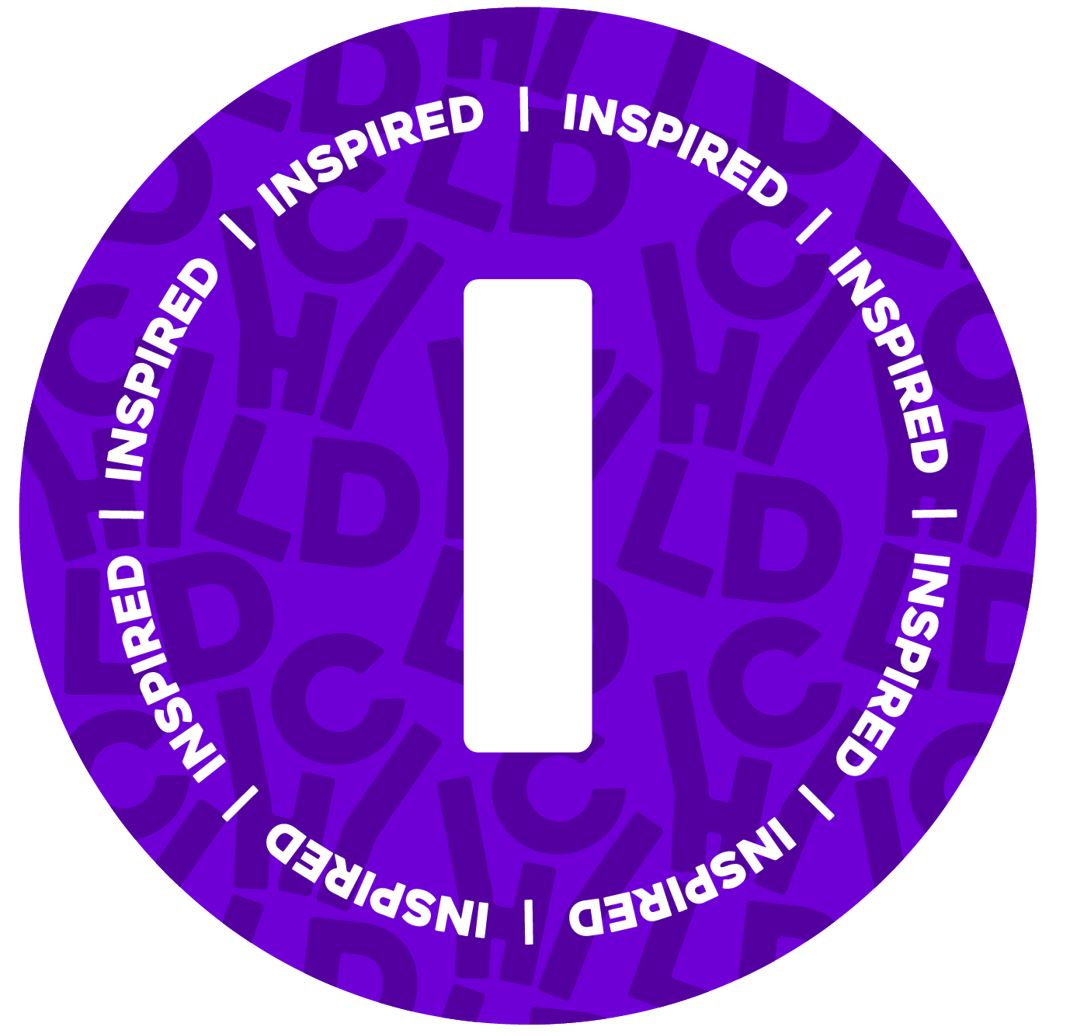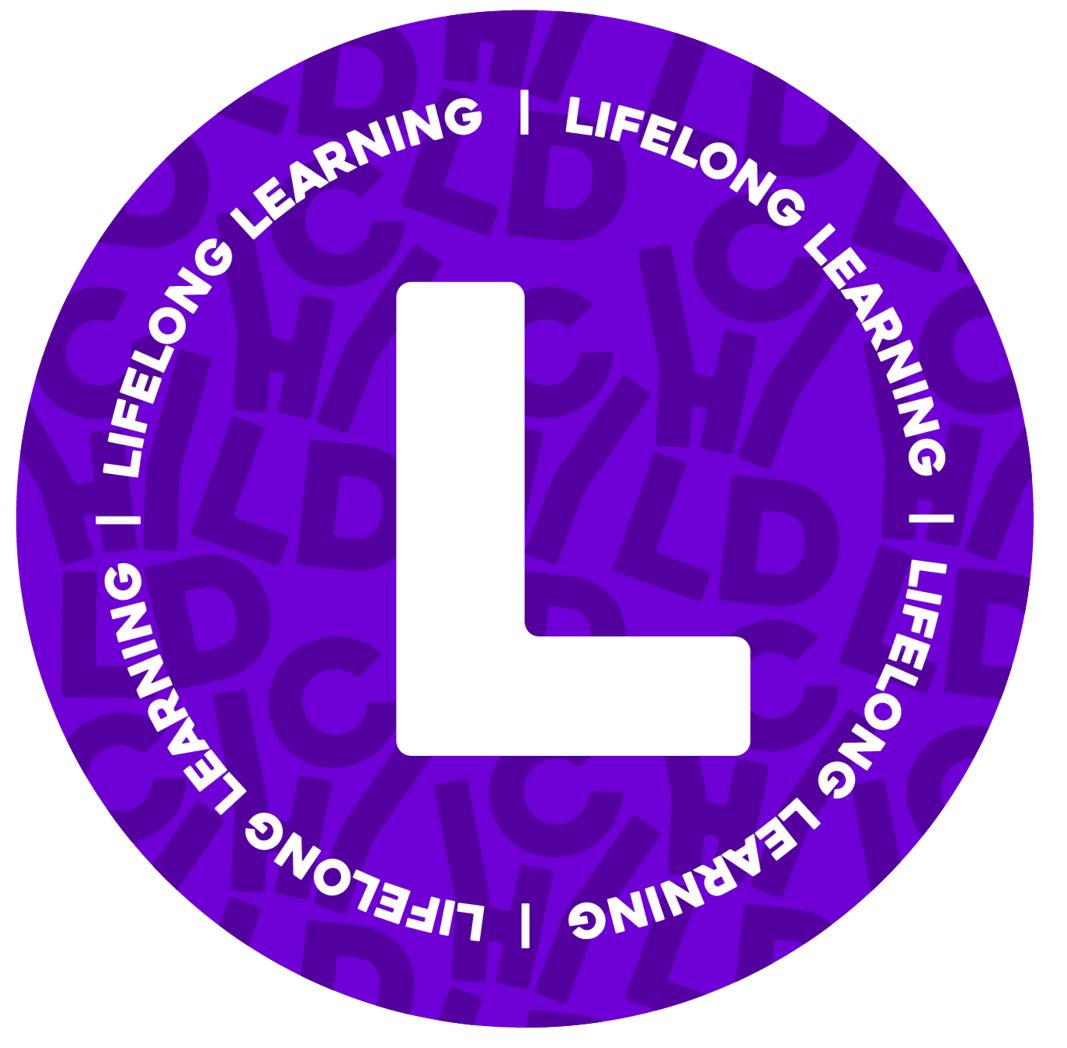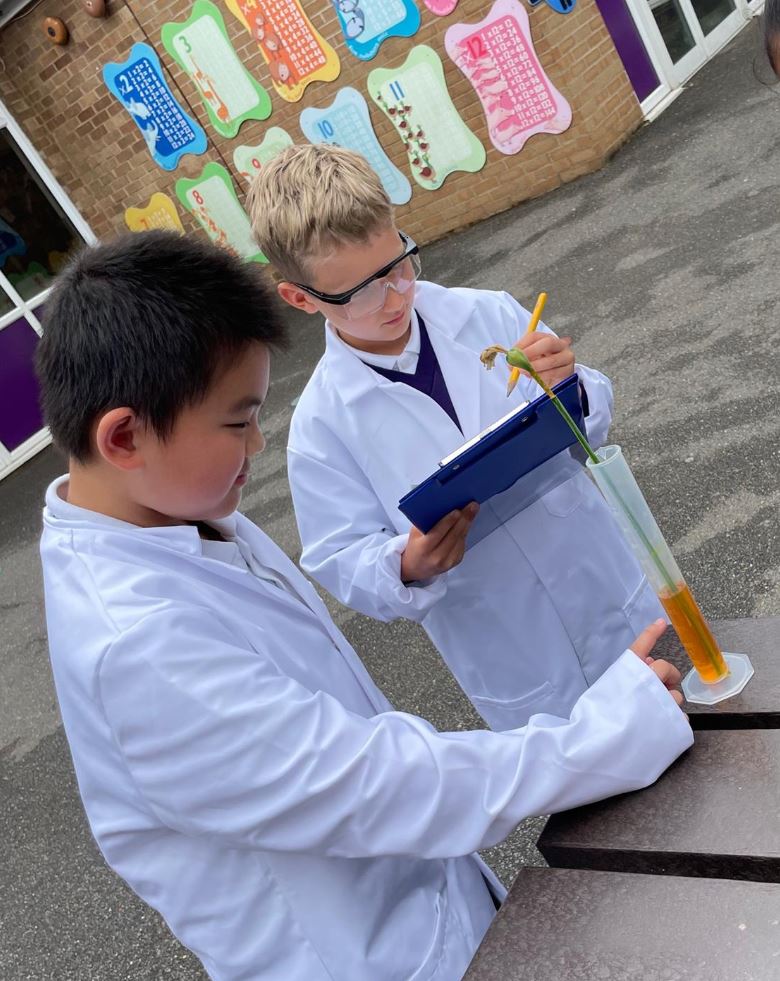Science
Intent
We have achieved the PSQM GILT AWARDfor Science.
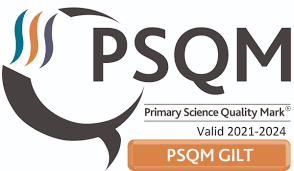
At the Newark Hill Academy, CHILD is at the heart of our enquiry based curriculum.
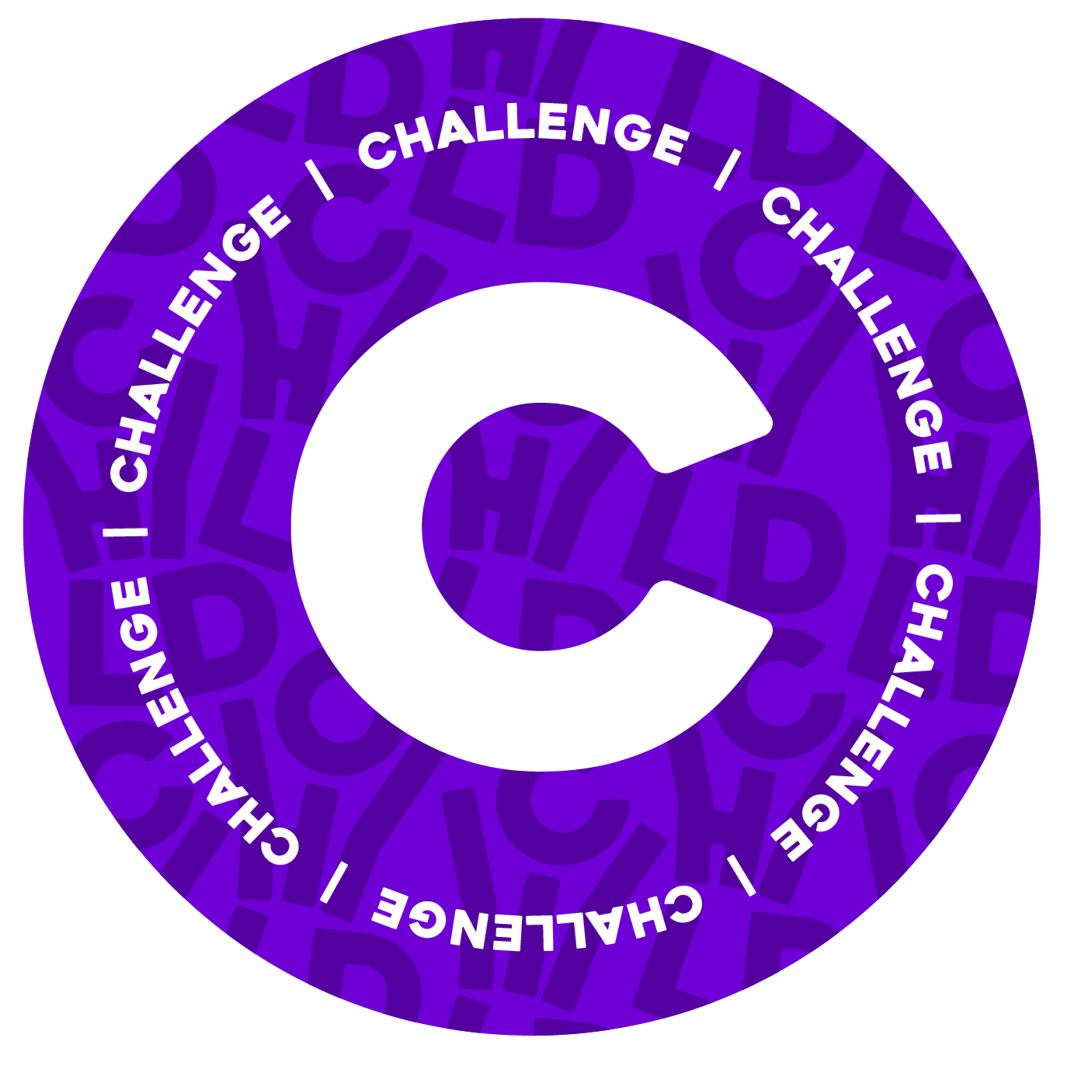
Happiness and health are at the heart of science as they form the basis of our pupils understanding themselves in relation to the world around them. We teach pupils to explore their mind and body and how the world around them affects them being the best version of themselves and vice a versa.
Our pupils will be inspired by exploring local, national, and international habitats, species, technology advances, scientific research, significant people, and scientific advances. Pupils will use their knowledge and investigative skills to provide possible solutions to problems in their environment and around the world.
Learning in Science for our pupils is Lifelong, so they are applying their knowledge and understanding in their adult life. For example, this could be understanding their healthy and unhealthy food choices to understand the impact of these to their health long term.
We celebrate diversity and cultural capital ensuring pupils understand how people from different walks of life have impacted developing key scientific concepts and ideas. They also learn about how many careers that hold elements of science within them.
Implementation
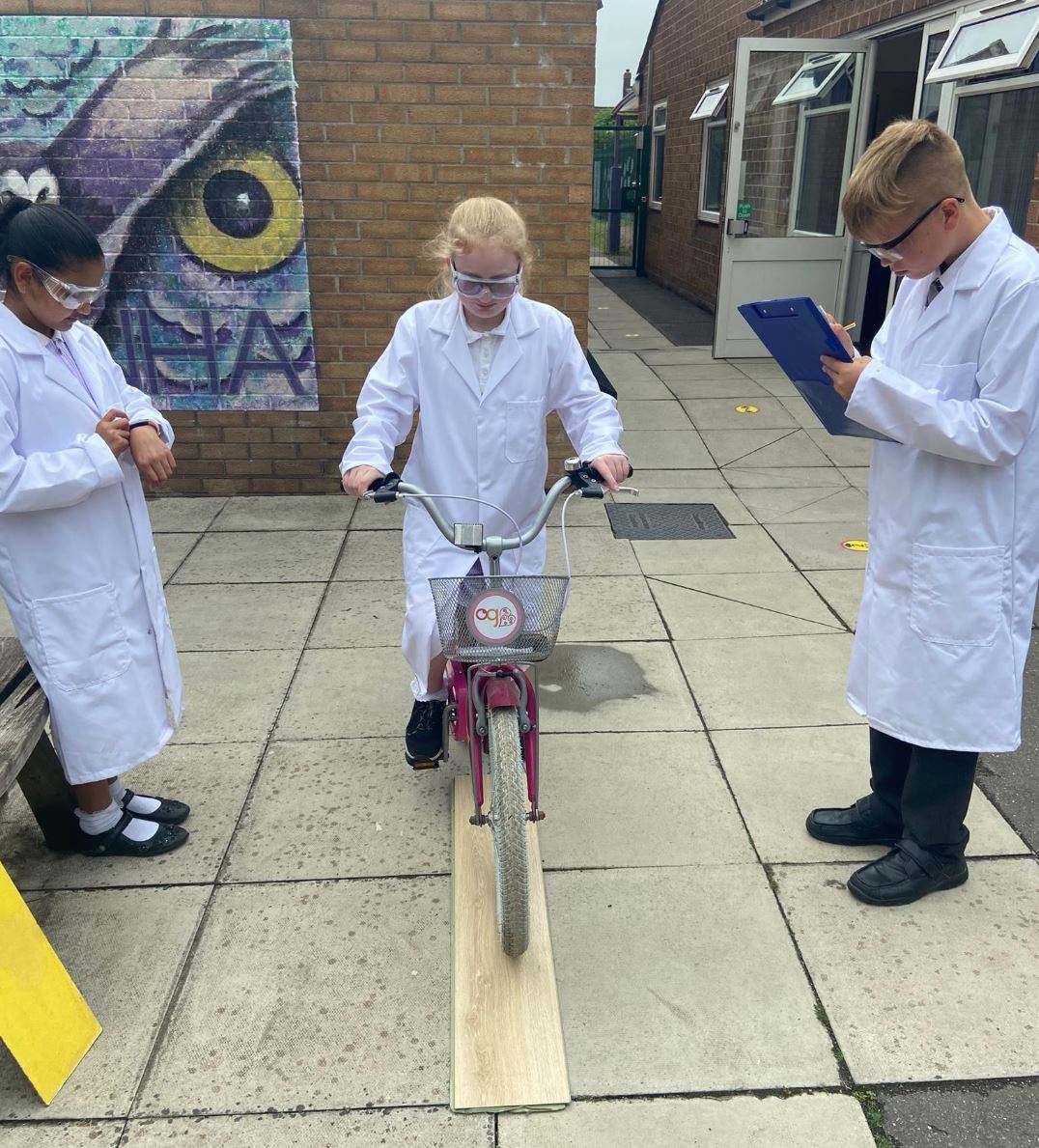
Throughout the programmes of study, the children will acquire and develop key knowledge identified by each year group which is informed by the National Curriculum and develop progressive skills. Scientific terminology will be introduced each lesson and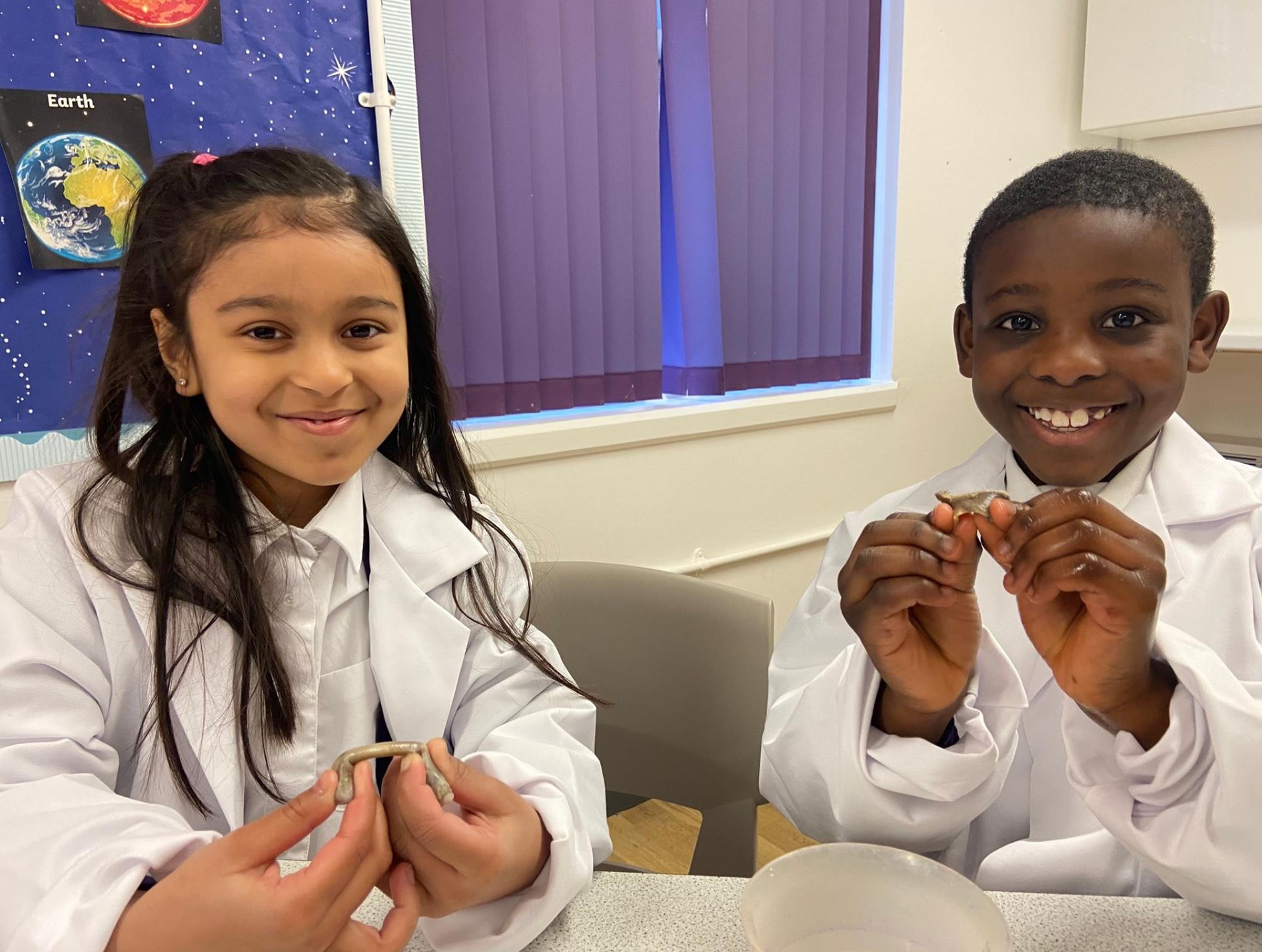
Pupils will be encouraged to work scientifically and will able to carry out simple tests and experiments using equipment and to gather and record data about the world around them. We understand that it is i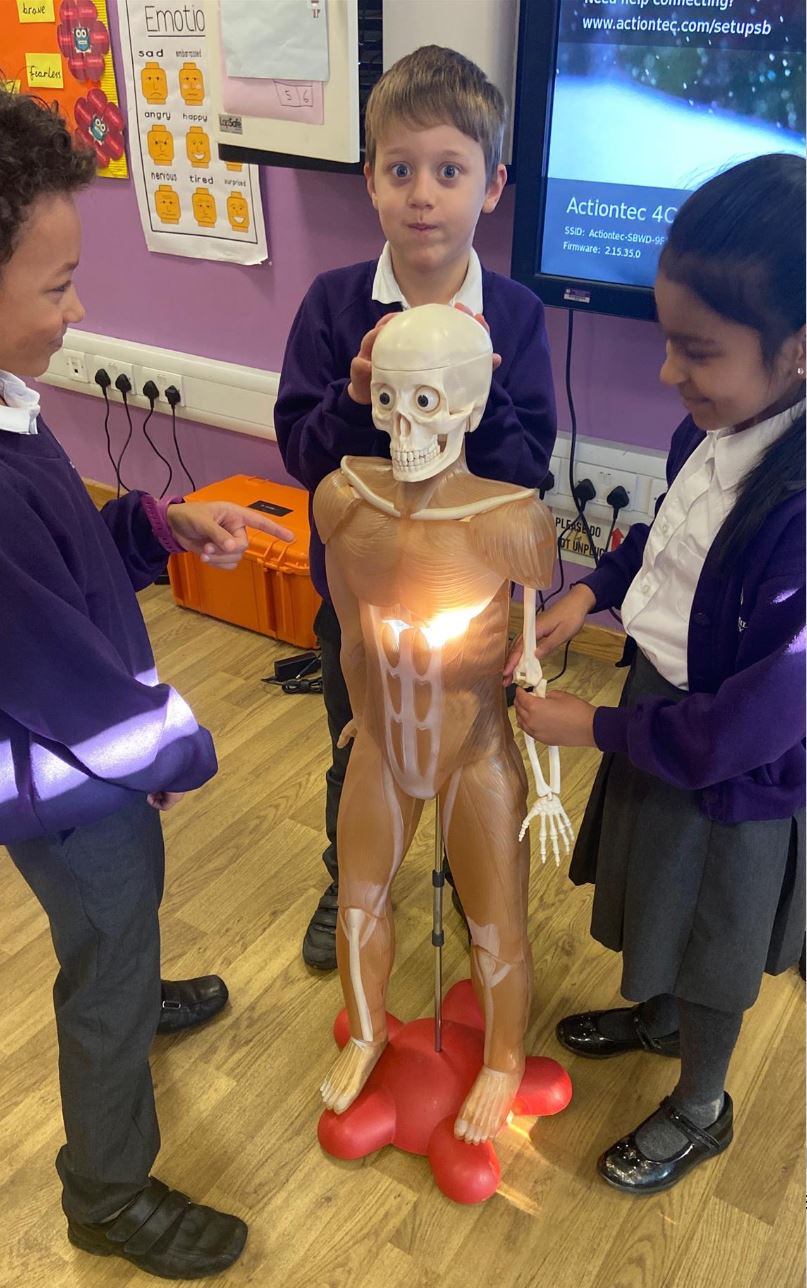
Pupils will be equipped with the scientific skills required to understand the uses and implications of science, today and for the future. The school’s approach to Science takes account of school’s own context, ensuring access to people with specialist expertise and places of scientific interest as part of the school’s commitment to learning outside the classroom.
Through STEM learning cross curricular opportunities are also identified, mapped and planned to ensure contextual relevance. We will also have dedicated science days throughout the year.
Impact
The successful approach to the teaching of science at Newark Hill Academy will result in a fun, engaging, high quality science education, that provides pupils with the foundations for understanding the world that they can take with them once they complete their primary education.
Assessment at Newark Hill Academy is teacher based and formed using formal strategies such as Microsoft form quizzes, assessment tasks, and concept maps as well as informal strategies such as verbal and written outcomes and presentations.
By the end of KS1, our pupils will have developed their knowledge and observe natural and humanly constructed world around them. They will have a natural curiosity and will ask questions about what they notice through developing their understanding of scientific ideas by using different types of scientific enquiries. They will develop basic scientific vocabulary to enhance their understanding of the world around them.
By the end of KS2, our pupils will have developed and broaden their scientific view of the world around them. They will investigate their own questions as well as build on developing ideas about everyday phenomena. They will ask their own questions about what they observe and decide which types of scientific enquiry is the best way of answering them. They will be developing an enhanced vocabulary linked to the different strands of science and will have a depth of learning within topics.
National Curriculum Science Programmes of Study:
Our Science Coordinator is Miss Bibi
See the documents attached for Planning and Progression of Skills in Science.

